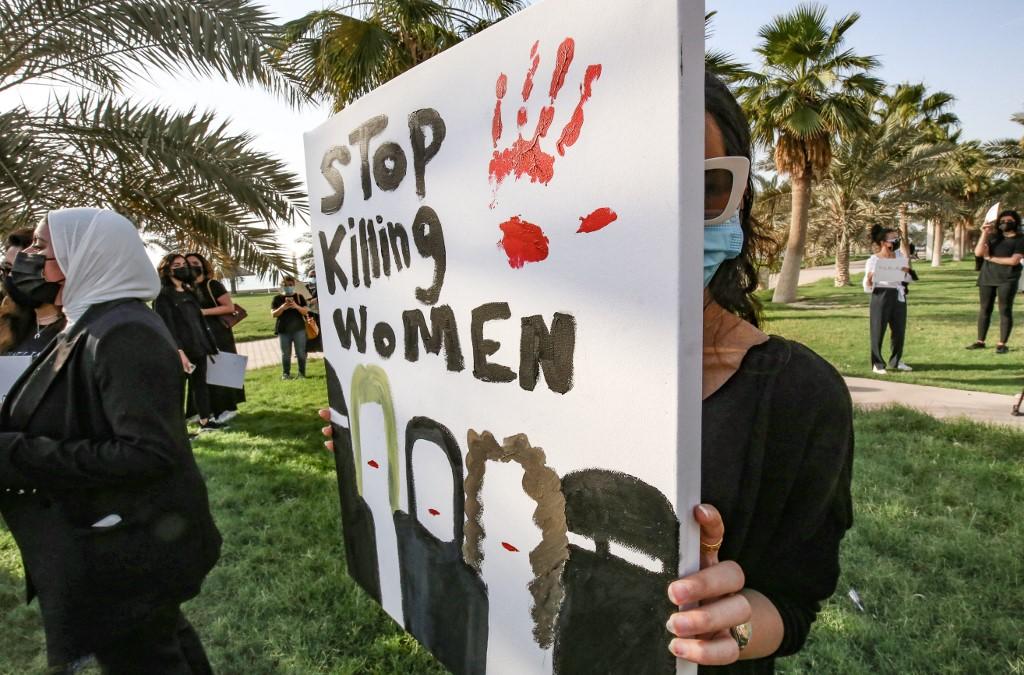Kuwait murder prompts renewed cries for greater safety for women
The crime has amplified growing calls for greater protection for women from violence and harassment in Kuwait.
Just In
The murder last week of a young Kuwaiti woman by a harasser has unleashed a wave of outrage across the tiny oil-rich Persian Gulf sheikhdom.
Farah Hamza Akbar was murdered last week despite earlier pleas from her family to the authorities to protect her from her harasser who reportedly abducted her in front of her daughter and niece.
A statement from the interior ministry said a man seized Farah from her car and took her to an unknown location before leaving her outside a hospital where she was found and pronounced dead.
The man was arrested shortly afterwards and confessed to stabbing her in the chest. He has been charged with first degree murder, which in Kuwait may be punishable by death.
Farah’s family told local media that the man was not known to them but that they had previously reported him for harassment.
The incident has amplified already growing calls for greater protection for women from violence and harassment in Kuwait.
Earlier this year, the social media campaign #Lan_Asket, meaning “I will not be silent”, was launched to spotlight the issue of harassment, prompting countless accounts of incidents from women.
Reports in recent years of the number of women killed at the hands of family members have also underlined the need for legislation and social change in order for women to feel safer at home.
A domestic violence law passed last September includes plans to set up shelters for women and allows for restraining orders to prevent abusers from contacting victims.
Last week, following Farah’s murder, women and men gathered to express their condemnation at the National Assembly building where an all-male parliament was elected in December.
That same month a female security guard in the building was murdered, allegedly by her brother.
Few details emerged about her killing, as is often the case when it comes to women being murdered by family members.
In Kuwait, men who kill a female relative for alleged adultery may receive lenient sentences due to an article that remains in the country’s penal code despite years of campaigning by activists to have it abolished.
A conservative state with a Sunni Muslim majority, and a US ally, Kuwait stands out from the other Gulf monarchies for having the most open political system.
But achieving lasting change for women in the patriarchal state is proving to be a long process.
Women were given the right to vote in Kuwait 15 years ago.
In last December’s election, Kuwait’s only female MP, Safa al-Hashem, lost her seat.
There were 29 female candidates, but none won a seat.
Subscribe to our newsletter
To be updated with all the latest news and analyses daily.
